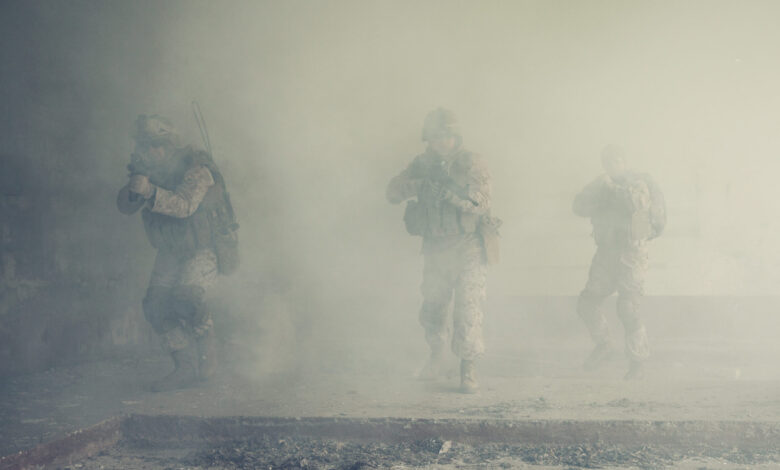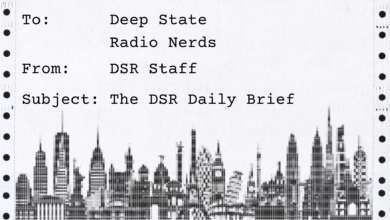Cutting through the Fog of War Commentary

While I’m guilty of offering my views on what is happening in Ukraine myself, I nonetheless have this deeply uncomfortable feeling that social media commentary on a war is like a stadium full of spectators eating popcorn, cheering on their side, morbidly mesmerized by the horror. Also, as I read commentaries or see or hear them on the news, I feel like I am watching a murmuration of pundits, somehow linked, flying in shifting formations drawn by a deeply instinctive attraction to conventional wisdom.
Because Vladimir Putin’s evil is not manifest in the violation of international laws or borders, the havoc wreaked by Russia’s armies is not communicated effectively with stories about dead generals and broken or non-existent command and control structures. The heroism of the people of Ukraine is not conveyed by video after video or burnt out tanks or maps showing Russian advances stalled by fierce fighting. All these things are useful to know or to see, of course. But the thing we get least is what matters most: Lives rent apart, the black depth of irretrievable loss, of love ended in an instant, of missiles and bombs creating not just rubble but leaving hopes and dreams and homes and futures in ashes.
War is not just a military exercise or the continuation of politics by other means. It is, especially as practice by monsters like Putin, an assault on the spiritual foundations of life, a desire not just to kill and maim but in so doing to crush the will to live of survivors. How do we communicate that? We get glimpses. A bloodied mother on a stretcher being told her newborn is dead and begging to be allowed to die herself now that all is lost. But that is the minute to minute reality on the ground in this nightmare. It is a different such story unfolding in an unending stream of devastating losses. And it is what is important and should lead us to prioritize our compassion and even our fury ahead of our “views” and our “perspectives.”
In covering this war, in seeing it through the lens of social or other media, we get facts and muddled views but seldom capture the truth of this terrible thing that has shattered the world for so many innocents and illustrated the depravity of the authors of this cataclysm. Hard as it is, I think we who want to understand what is happening and what to do about it–we who are fortunate enough to be watching from the comfort and safety of our homes–need to push past and through the mountains of coverage and look for the essential truth of this war.
That will be the individual stories of ten million people uprooted from their homes and tens of thousand dead and more wounded, suffering and grieving. Not statistics but heart-break and courage and perseverance and the senselessness of it all. Here are some ways you can help right now.
Finally, I want to add, that everything said above is true but only moreso…in other words the suffering is just as real but less visible…in all the wars and horrors the world doesn’t cover sufficiently from Xinjiang to Myanmar to Yemen to Ethiopia to Palestine.

